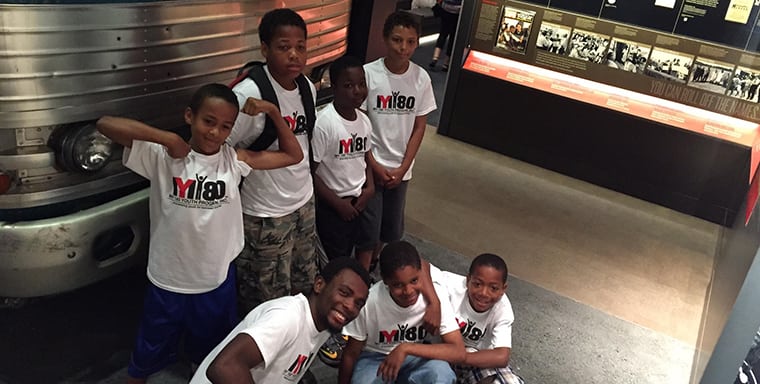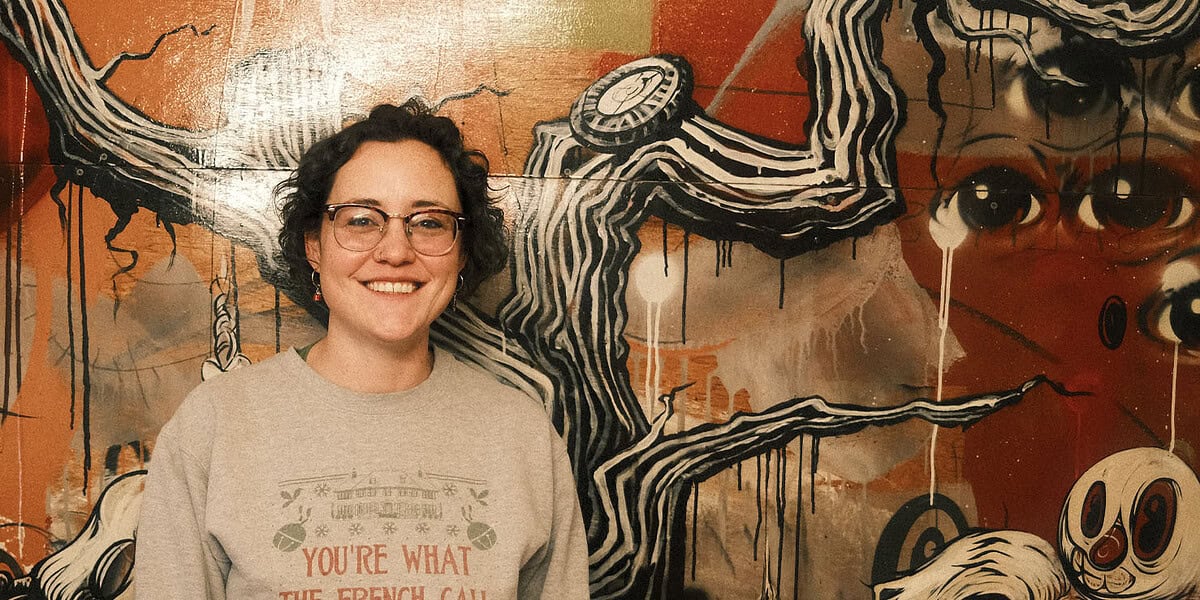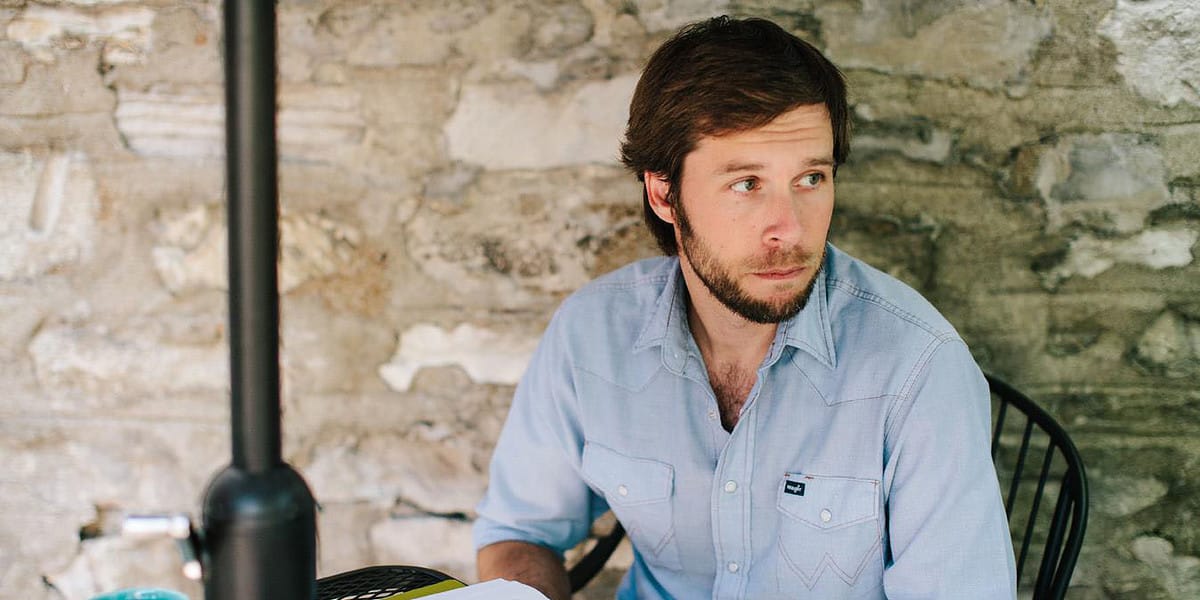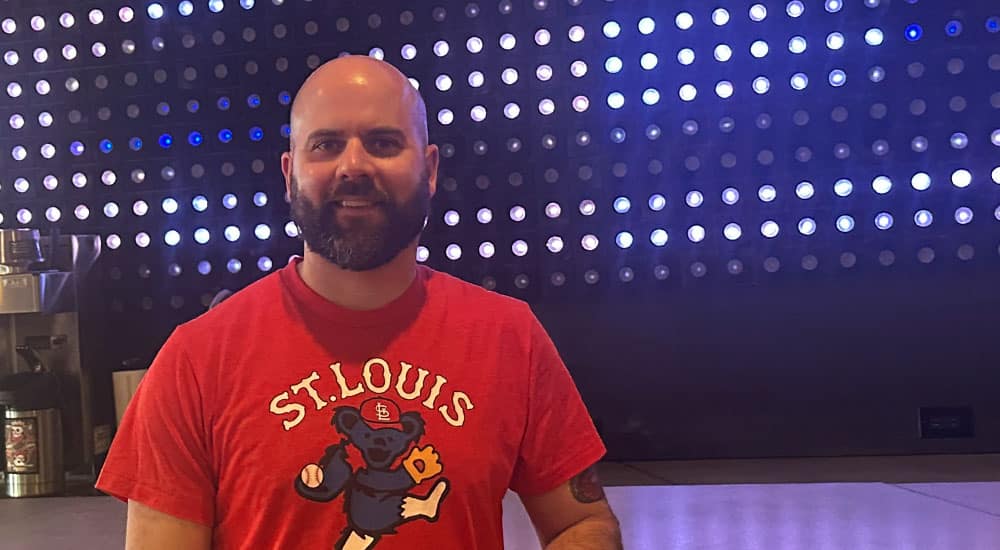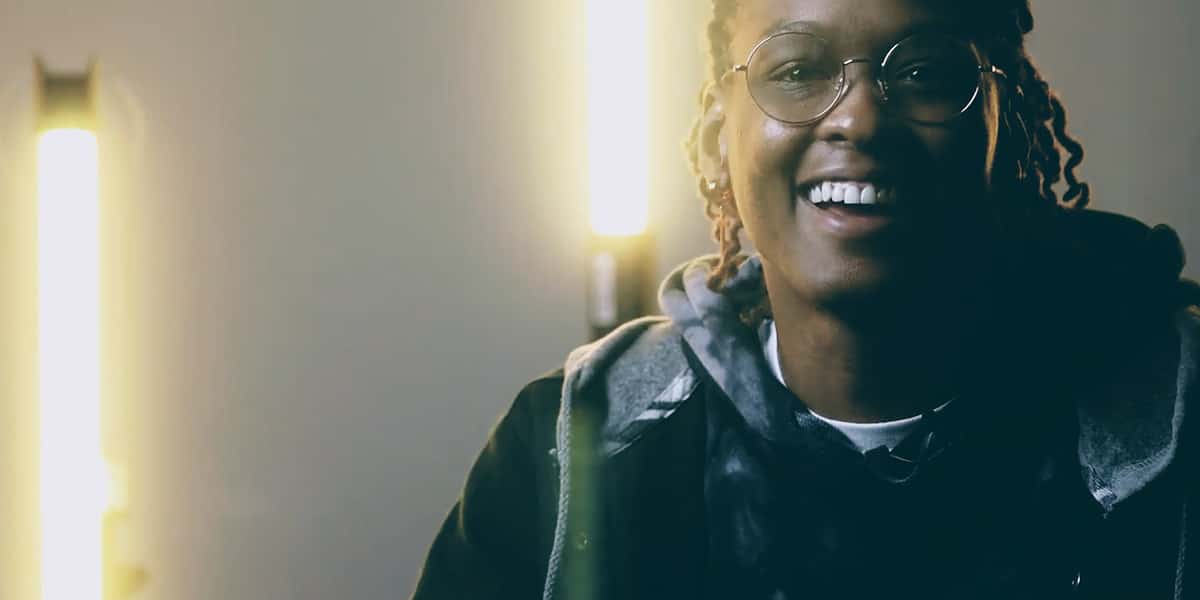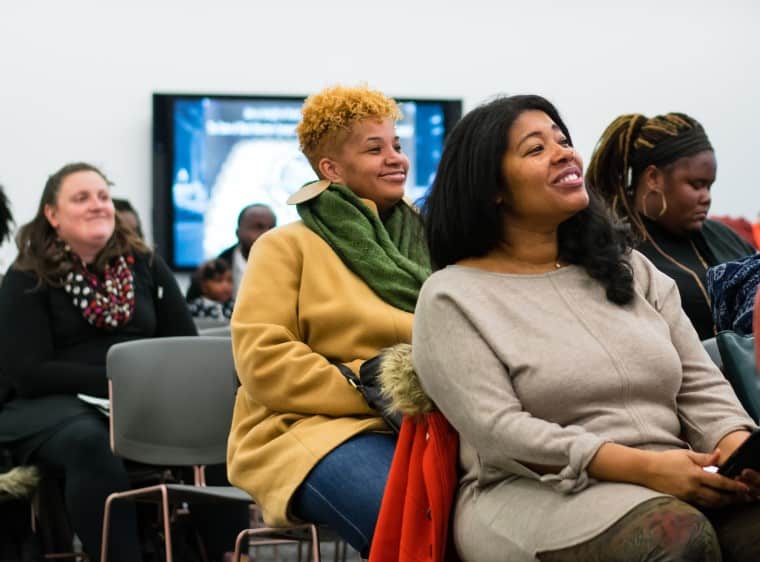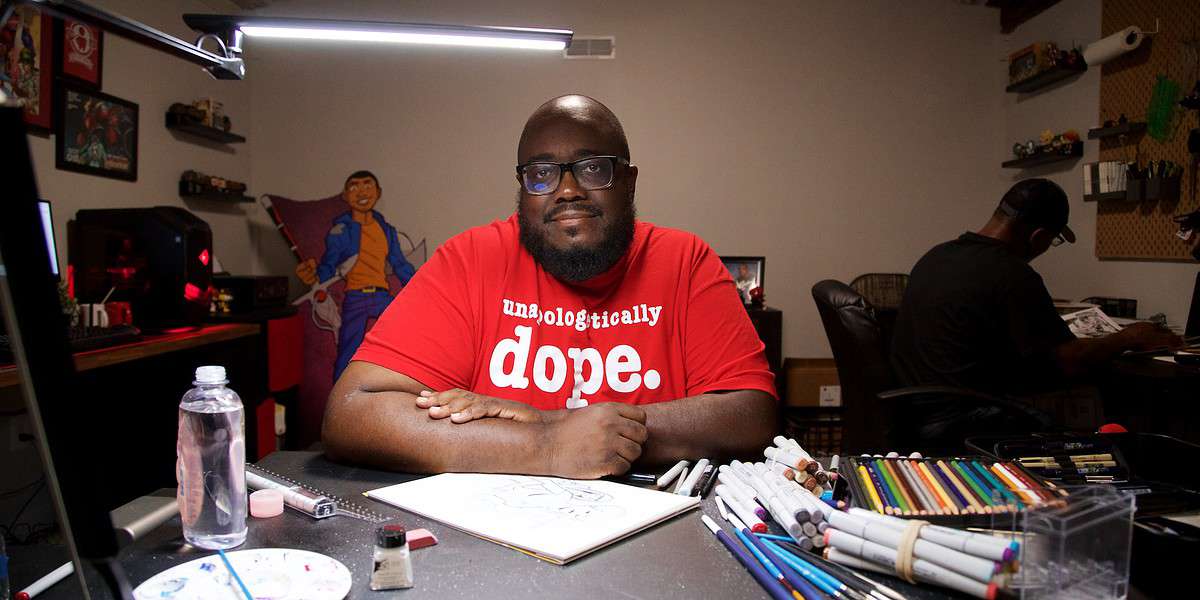According to the U.S. Census Bureau, adolescents made up 20 percent of the St. Louis City population in 2017; meaning there are over 62,000 young people under 18 in our city.
Nebula member, Roy Jefferson has made it his mission to create a community that supports the youth in St. Louis — My 180 Youth Program, Inc. offers a “relationship-centered approach” that helps teens grow intellectually, interpersonally, and emotionally regardless of socioeconomic status. According to My 180 Youth Program’s website, most teens reported they were better planners, organizers, and problem-solvers, plus they grew in self-confidence and self-awareness.
Roy is the founder and executive director of My 180 Youth Program. Today, we met with Roy to discuss his 15 years of experience serving youth and families, what it takes to become a mentor, and what’s next for the program.
For starters, can you briefly explain your background and experience in youth services? How did these experiences lead you to start My 180 Youth Program?
I have always had a heart for helping others but serving youth and families did not come into focus until 2009 when I volunteered with the Missouri Division of Youth Services in Cape Girardeau, MO where I mentored a group of young men. The young people there were not bad children as some may feel, but they were children needing guidance and direction.
Please briefly outline the main goals of the program for readers who haven’t heard of the program.
My 180 Youth Program, Inc. is a youth development organization committed to helping youth achieve well-being through mentoring relationships. Youth experience a wide range of social disadvantages that can impact their health and development. We believe that through mentoring we can establish supports for young people, empowering them to rise above their disadvantages and succeed
Your website does a great job of sharing all the ways a mentor can support a young person with school, everyday life, and employment. The benefits of simply having a friend or positive influence can have a huge impact on a young person. Can you share a specific mentorship experience that you’re especially proud of?
My favorite mentoring experience was when a 13-year-old explained that since he started participating, he discovered that he was not loyal to anyone including himself. He understood that through his actions he damaged relationships most important to him. He explained how he no longer had the desire to smoke marijuana, take pills, or drink alcohol. He ended his speech by explaining that he learned the importance of being loyal to himself and others.
In general, what does the program look for in a mentor?
We are always accepting new mentors! We are looking for mentors 21 or older, who are willing to invest four hours per month. There are many ways that a person can engage, and we are willing to help find the position where they can serve best.
In your experience, are there any common misconceptions people have about mentorship programs? If so, how does the program overcome those misconceptions?
A common misconception about mentoring programs is that mentoring is only for children who are troubled or misguided. Everyone deserves to have someone who supports them. Mentoring guarantees that there is someone who cares about them, assures them they are not alone in dealing with day-to-day challenges and makes them feel like they matter.
